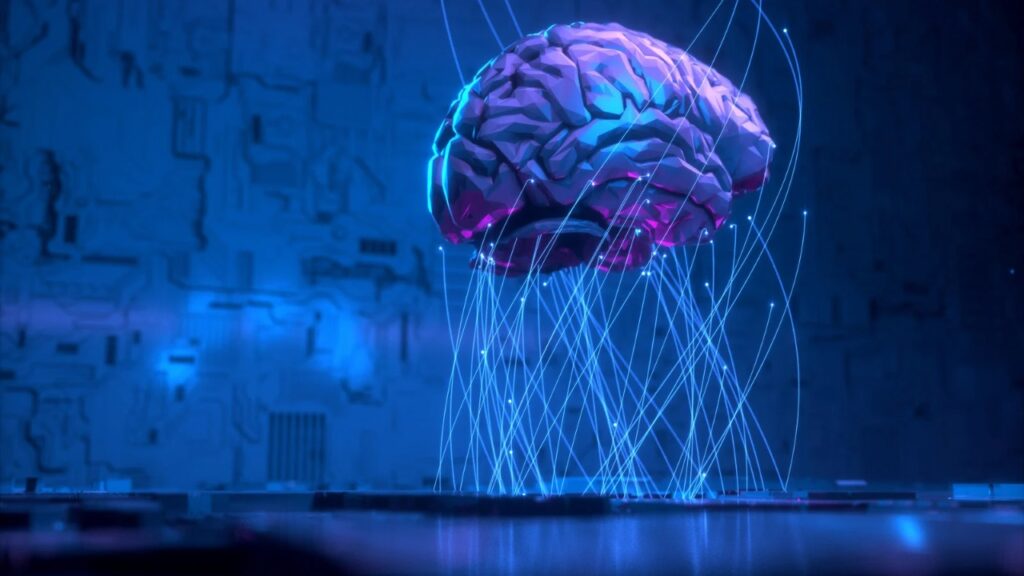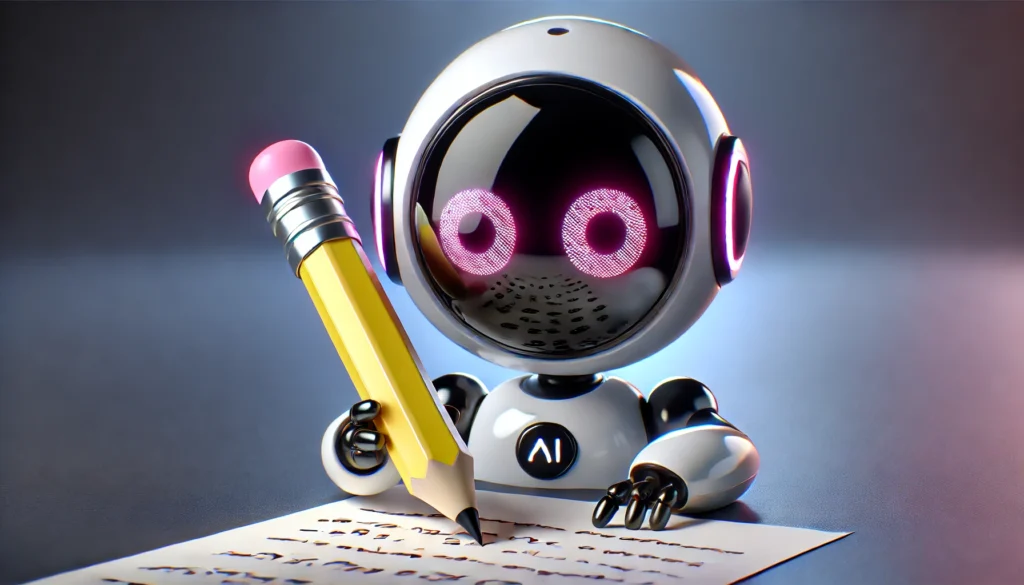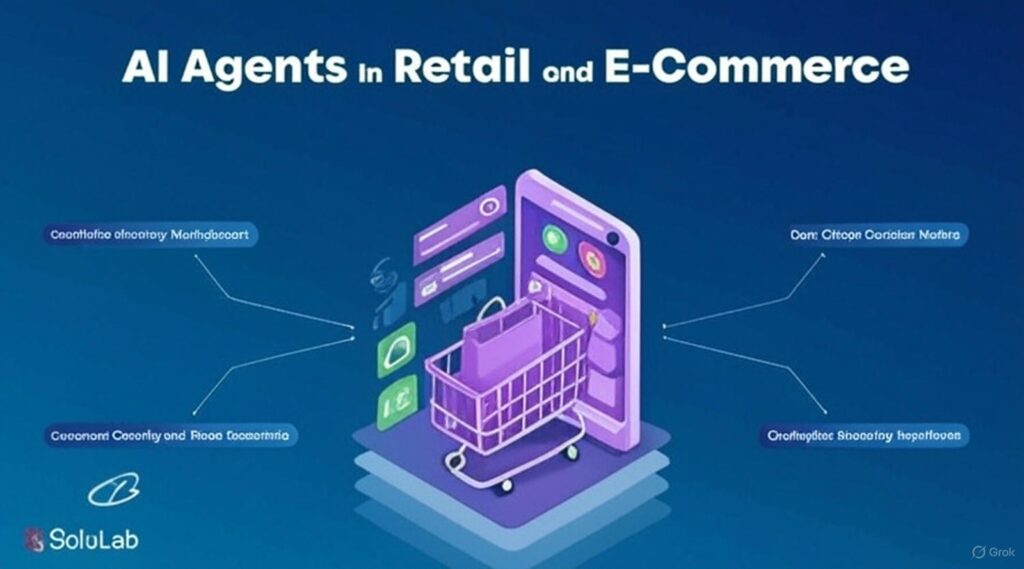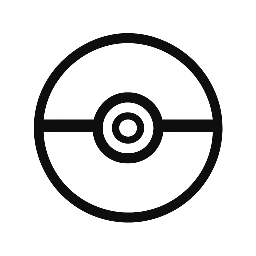Introduction
The AI landscape is evolving rapidly, with large language models (LLMs) redefining how we work, create, and innovate. Two standout models, OpenAI’s ChatGPT and DeepSeek AI, are at the forefront, each offering unique strengths. ChatGPT is a household name for its conversational prowess, while DeepSeek is gaining traction, especially among developers, for its open-source flexibility and coding capabilities. This article compares their architectures, performance, and applications to help you choose the best AI for your needs.
What Are ChatGPT and DeepSeek, and Why Do They Matter?

ChatGPT, developed by OpenAI, is a transformer-based LLM renowned for its versatility in tasks like content creation, code generation, and problem-solving. Its iterations (GPT-3.5, GPT-4, GPT-4o) leverage vast proprietary datasets and reinforcement learning from human feedback (RLHF), making it user-friendly and widely integrated via OpenAI’s API.
DeepSeek, an open-source contender, excels in coding and logical reasoning. Models like DeepSeek-Coder are tailored for developers, offering transparency and customization. Its open-source nature fosters community-driven improvements, making it a cost-effective alternative for those prioritizing flexibility.
Why They Matter: Choosing between a proprietary, polished model like ChatGPT and an open-source, customizable model like DeepSeek impacts cost, scalability, and project outcomes. This comparison is critical for developers, businesses, and researchers navigating AI adoption.
Core Benefits and Use Cases

Both models excel in distinct areas:
- Conversational AI and Content Generation
- ChatGPT: Shines in creative writing, marketing copy, and customer support chatbots due to its fluent, context-aware responses.
- DeepSeek: Strong in factual, structured text generation, ideal for precise information retrieval or technical documentation.
- Code Generation
- ChatGPT: Proficient in writing, debugging, and explaining code across languages, with GPT-4o offering robust developer support.
- DeepSeek: DeepSeek-Coder often outperforms in generating accurate, optimized code, especially for complex algorithms or competitive programming.
- Data Analysis and Summarization
- ChatGPT: Excels at summarizing documents and synthesizing insights from diverse sources.
- DeepSeek: Superior for technical summarization and logical reasoning, particularly in scientific or analytical tasks.
- Creative Problem-Solving
- ChatGPT: Ideal for brainstorming and generating creative ideas across industries.
- DeepSeek: Best for structured problem-solving, such as mathematical or algorithmic challenges.
Choosing an Approach: ChatGPT is plug-and-play with reliable infrastructure; DeepSeek offers customization but demands technical setup.
Comparison Table
| Feature | ChatGPT (OpenAI) | DeepSeek AI |
| Access | Proprietary API, web UI | Open-source, Hugging Face, local deployment |
| Strength | General-purpose, conversational fluency | Code generation, logical reasoning |
| Architecture | Transformer, RLHF | Transformer, code-optimized |
| Cost | Usage-based API | Free models, compute costs for hosting |
| Flexibility | Limited fine-tuning | High, open-source customization |
| Transparency | Proprietary, limited insight | Open weights, community-driven |
| Scalability | Managed by OpenAI | User-managed, hardware-dependent |
User Experiences and Case Studies
- Code Generation: Developers on Reddit praise DeepSeek-Coder for precise, optimized code in competitive programming, while ChatGPT excels in explaining APIs and boilerplate code.
- Creative Writing: Quora users favor ChatGPT for its imaginative, tone-adaptive outputs, with DeepSeek better suited for structured, factual content.
- Startups: A founder noted switching to DeepSeek for cost savings and privacy in internal documentation, despite initial hardware costs.
- Research: Academics report DeepSeek’s accuracy in technical summarization, while ChatGPT is preferred for broad, general insights.
Advanced Insights and Trends
The rise of specialized models like DeepSeek-Coder signals a shift toward task-specific LLMs. While ChatGPT excels in general tasks, DeepSeek’s focus on coding and reasoning often yields superior results in niche applications. The trend toward Mixture of Experts (MoE) architectures suggests future LLMs will combine general and specialized capabilities. A hybrid approach—using ChatGPT for creative tasks and DeepSeek for technical ones—maximizes efficiency and accuracy.
The Power of Model Agnosticism

Avoid vendor lock-in by designing AI systems to switch between models like ChatGPT and DeepSeek. Use frameworks like LangChain for flexible LLM integration, benchmark models against your data, and maintain prompts that work across platforms. This ensures resilience, cost optimization, and adaptability to future LLM advancements.
Conclusion
ChatGPT and DeepSeek cater to different needs: ChatGPT for versatility and ease, DeepSeek for coding precision and open-source flexibility. The best choice depends on your priorities—general-purpose tasks favor ChatGPT, while technical projects lean toward DeepSeek. A hybrid strategy, leveraging both, offers the most robust solution.
FAQs
Q: Which is better for coding, ChatGPT or DeepSeek?
A: DeepSeek-Coder often outperforms ChatGPT in generating accurate, optimized code, especially for complex algorithms, but ChatGPT is better for code explanation and quick prototyping.
Q: Is DeepSeek more cost-effective than ChatGPT?
A: DeepSeek’s open-source models are free but require hardware investment for local deployment. ChatGPT’s API is usage-based, potentially costlier for high-volume use.
Q: Can I use both models together?
A: Yes, a hybrid approach—using ChatGPT for creative tasks and DeepSeek for technical ones—optimizes performance and cost.


Leave a Reply